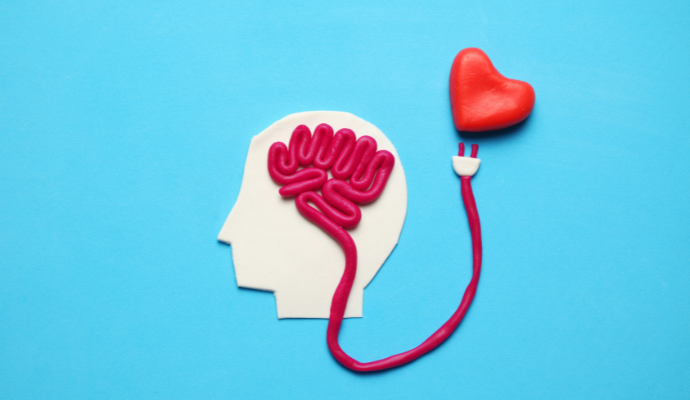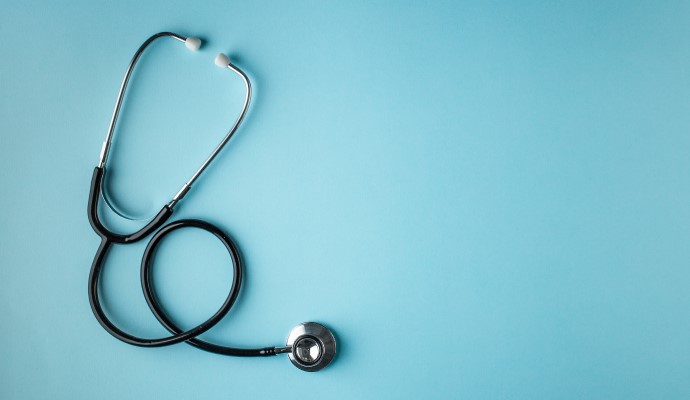Jeanette Ashlock was only 30, fresh off her honeymoon, when she first started experiencing multiple sclerosis (MS) symptoms. “My muscles and body started locking up,” the National Multiple Sclerosis Society patient advocate told lawmakers. “I was losing my ability to control my...
[PatientEngagementHIT]

Is clinician empathy the new painkiller for chronic pain patients?
[RevCycleIntelligence]

Nearly 4 of 5 physicians employed by hospitals, corporations
[HealthITSecurity]

FTC bans Monument from disclosing health data to third-party advertisers
[HealthPayerIntelligence]

23% of disenrolled Medicaid beneficiaries remain uninsured, KFF finds
Do Not Sell or Share My Personal Information
©2012-2024 TechTarget, Inc. Xtelligent Healthcare Media is a division of TechTarget. All rights reserved. HealthITAnalytics.com is published by Xtelligent Healthcare Media a division of TechTarget.